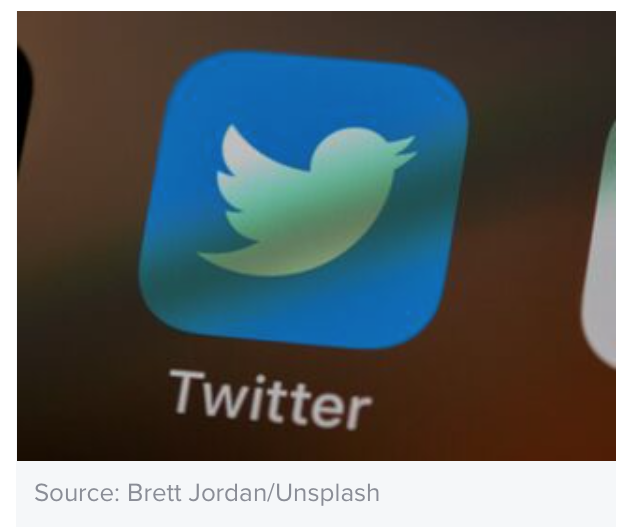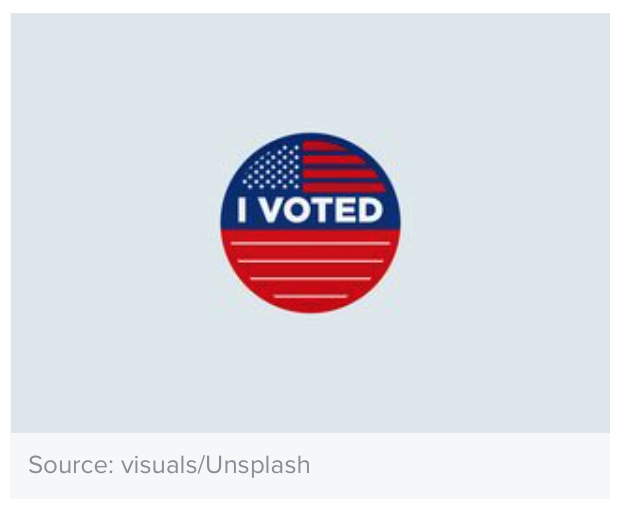Release time: 2020-10-20 11:08
Why Anti-Asian Bias in the U.S. Has Spiked
Research suggests stigmatizing coronavirus Tweets increase anti-Asian bias.
Late last month, a group of my colleagues organized a virtual panel to discuss anti-Asian discrimination. But the event was canceled as soon as it began, because it was Zoom-bombed. The racist comments and inappropriate videos only reinforced what a growing body of research makes clear: Anti-Asian discrimination has increased in light of the global spread of the coronavirus, which appears to have originated in China.

The recent political news cycle is a reminder of a familiar dynamic. Soon after President Donald J. Trump announced that he and First Lady Melania Trump had tested positive for coronavirus, there was a noticeable spike in anti-Asian and anti-Chinese vitriol on social media. And it’s not just a matter of harsh language and hateful hashtags. There has been a documented increase in violent and harassing behavior targeting Asian and Asian-American people in the United States since the spring.
As if this weren’t concerning enough, recent research suggests that over a decade’s worth of improvement in anti-Asian bias has been wiped out by certain reactions to the coronavirus pandemic. Following significant increases in the use of terms like “China virus” on Twitter and conservative media in early March, there was a significant change in aggregate responses to the Project Implicit “Asian IAT.” The study compared trends in 339,063 Implicit Americanness Bias scores from non-Asian respondents split into two time periods: January 1, 2007-February 10, 2020 and February 11, 2020-March 31, 2020. These scores reflect the ease with which respondents associate faces of individuals who seem “Asian” or “European” with symbols that appear either American or foreign. The scores on this test had, with some fluctuations, been decreasing over the first time period, suggesting a decrease in implicit bias against Asians. This trend held until March 8, 2020, after which it was reversed, especially for White and conservative respondents. This suggests that the use of stigmatizing language in traditional and social media has had an effect on the implicit bias of those who consume it.

Perhaps the results of this study are not surprising. But, as the researchers note, there is evidence that this type of bias negatively affects the well-being of members of targeted groups. The perception that someone is not really American can lead to hiring discrimination, which, in turn, can lead to poorer economic and health prospects. Those targeted by discriminatory speech and behaviors can suffer mental and physical harm. This should all be alarming. It should also serve as a reminder that the words of our politicians and media personalities matter. This is worth keeping in mind as the November election creeps closer, in the midst of a pandemic that shows no clear signs of letting up.

Benjamin Mitchell-Yellin, Ph.D., is Assistant Professor of Philosophy at Sam Houston State University